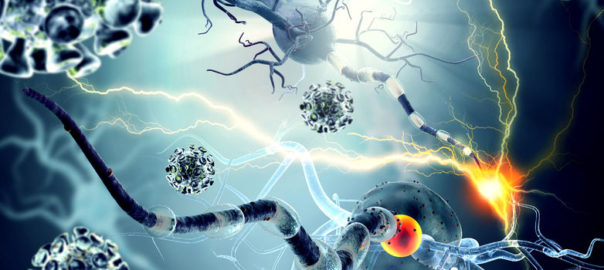Stem Cell Treatment for Huntington’s Disease

Researchers at Cardiff University’s specialist brain unit have developed an innovative stem cell treatment to slow down the symptoms of Huntington’s disease, a devastating degenerative disorder.
The first procedures are expected to take place at the end of 2018. The stem cell transplant will be accomplished through a new type of procedure. The efficacy of the method should be evident by the spring of 2019.
At present, there is no cure for Huntington’s disease which manifests in people with a single defective gene. This fatal genetic disease runs in families and is associated with a progressive degeneration of brain cells. With time, the affected person loses mental and physical abilities and becomes completely dependent on others. There are approximately 30,000 Americans living with Huntington’s, which is described as a combination of symptoms from Alzheimer’s, Parkinson’s, and ALS. Symptoms typically appear in an individual’s prime working years between ages 30 and 50, with progressive deterioration over the next decade or two. Eventually, the disease is fatal due to related complications such as heart failure, pneumonia, etc.
Huntington’s is associated with degeneration of medium spiny neurons. Researchers have used MSNs generated from induced pluripotent stem cells to prepare a disease model and study it in more detail as well as test new drugs.
The new procedure is the next step in combatting this presently incurable disease, says William Gray, professor of functional neuroscience at the BRAIN unit. The hope is that the new stem cell treatment will contribute in a measurable way to the development of effective long-term therapies for this disease. The success of the procedure, however, will not be evident for more than one year after transplantation, he says.
References:
- http://www.bbc.com/news/uk-wales-south-east-wales-39922901
- http://hdsa.org/what-is-hd/


